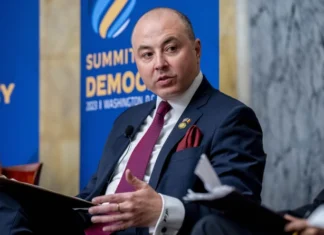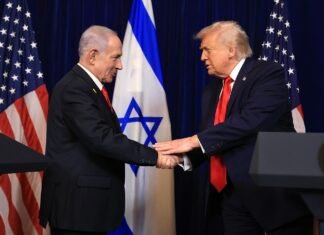Financial Intelligence: Analyzing Trump’s Call to Visit Hiroshima and Nagasaki
In recent discussions about global nuclear disarmament and awareness, former President Donald Trump has expressed interest in visiting the historic sites of Hiroshima and Nagasaki. The intent behind this visit is to raise awareness about nuclear weapons and their potential ramifications. The proposal comes at a crucial time when the world grapples with geopolitical tensions and the threat of nuclear proliferation.
Hiroshima and Nagasaki are not merely cities in Japan; they represent pivotal moments in history that shaped international relations and military strategies. In August 1945, the United States dropped atomic bombs on these cities, leading to unprecedented devastation, loss of life, and long-term effects on survivors and the environment. These events serve as stark reminders of the catastrophic consequences of nuclear warfare.
Trump’s proposal to visit these cities is significant for multiple reasons. Firstly, it highlights the need for dialogue around nuclear weapons and international security. With rising tensions in various regions, including North Korea’s nuclear ambitions and Iran’s controversial nuclear program, the need for dialogue and diplomacy has never been more pressing. A visit by a high-profile figure such as Trump could catalyze discussions on nuclear disarmament and encourage other nations to revisit their stances on arms control.
Moreover, engaging with the memories of Hiroshima and Nagasaki could humanize the narrative around nuclear weapons. Often, discussions on nuclear strategy can be abstract, filled with political jargon and military strategies that detach the human experience from the conversation. By visiting the sites and acknowledging the stories of the victims, Trump could emphasize the urgent need for collective action to prevent future atrocities caused by nuclear warfare.
Furthermore, this visit has the potential to influence public perception on nuclear proliferation. Trump, having previously been a controversial and polarizing figure, carries significant weight in the political landscape. His remarks and actions can sway opinions, shape narratives, and even impact legislation related to nuclear weapons. By using this platform to advocate for awareness and disarmament, he could play a role in changing how the public perceives the threat of nuclear weapons.
Additionally, this visit could facilitate discussions around the responsibilities of nations in ensuring global peace and security. It could serve as a reminder that nuclear weapons are not merely tools of deterrence but carry severe moral and ethical responsibilities. Such a dialogue could help foster a more collaborative international environment, where nations work towards common goals of peace and stability rather than arms competition.
While some may criticize Trump’s visit as a political stunt, the underlying message is crucial. Raising awareness about the horrors of nuclear warfare and advocating for disarmament should transcend political affiliations. It is a global issue that requires collective action and commitment from leaders across the world.
In conclusion, Trump’s potential visit to Hiroshima and Nagasaki carries profound significance. It serves not only to commemorate the past but also to address contemporaneous issues surrounding nuclear weapons. Such a visit could catalyze conversations that lead to meaningful agreements on disarmament and enhance global security. As the world continues to navigate the complexities of international relations, initiatives focused on awareness and diplomacy must remain at the forefront of global conversations.






